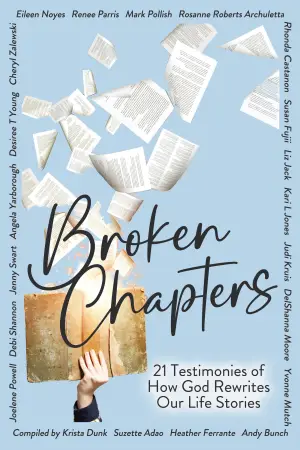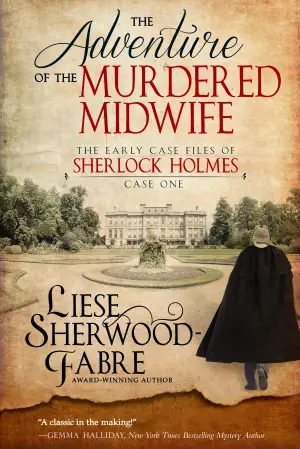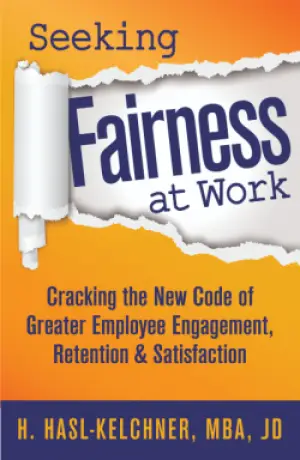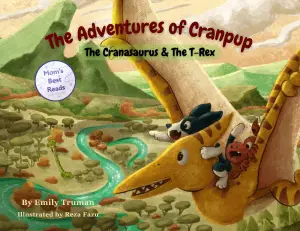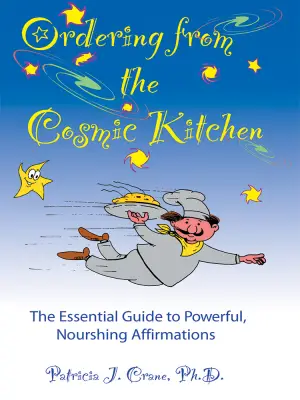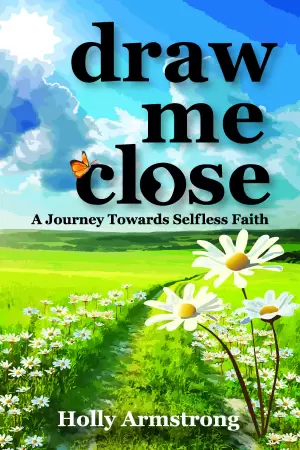Unpacking Yourself: A Journey with The Psychologist’s Book Of Self-Tests
I stumbled upon The Psychologist’s Book Of Self-Tests by Louis Janda during a weekend of introspective soul-searching, a time when I found myself questioning everything from my work choices to my romantic entanglements. The idea of using professionally developed tests to uncover the layers of my personality felt not only intriguing but also like a unique invitation to self-discovery. Who doesn’t want to understand the core of their being a little better?
At its heart, this book is a collection of 25 self-assessment tools designed to illuminate various aspects of your personality — from intelligence and ambition to self-esteem and relationships. Each section succinctly guides readers through different domains, like “Getting Ahead” and “Getting Together,” making it accessible regardless of your familiarity with psychological concepts.
One of the things that struck me was how the tests are divided intelligently into five sections, each catering to different facets of life. As I navigated them, I often found myself nodding in acknowledgment of traits and characteristics that I had always sensed but never fully articulated. For example, the “Assertive Job-Hunting Survey” offered practical advice that I didn’t realize I needed, reshaping my approach to job applications.
Janda’s writing style is straightforward and unpretentious. While some reviews pointed out the need for deeper analysis or reflection on results, I appreciated the no-frills approach. The simplicity invites a level of engagement that feels natural; you’re not expected to sit in an armchair with a pipe pondering existential questions. Instead, you can scribble down your thoughts while sipping coffee, without the pressure of overthinking everything.
However, I do find myself echoing some sentiments expressed by fellow reviewers. The book provides a robust toolkit, but lacks a deeper dive into the implications of the results. While the tests give you a score and some reflections, I wished for a bit more guidance on integrating these insights into my life. That said, it sparked conversations with friends and family that I would not have had otherwise. “Did you know I’m a ‘platonic nurturing type’?” turned into an evening of laughter and self-reflection, transforming a solitary activity into a shared adventure.
Memorable quotes sprinkled throughout the book resonated with me, especially the encouragement to embrace imperfections and the idea that self-discovery is a lifelong journey. It mirrored my personal journey, reminding me that growth often starts from a place of questioning.
If you’re someone who enjoys playful psychological tests and light-hearted self-reflection, you’ll likely find joy in this book. However, if you are looking for profound psychological insights or a therapist’s level of depth, you might find yourself looking elsewhere. It serves as a springboard for introspection rather than the final destination.
In conclusion, The Psychologist’s Book Of Self-Tests offers a delightful way to engage with yourself and perhaps spark a transformation. It has a special place on my shelf of self-improvement, right alongside my ever-growing list of books that inspire curiosity and discovery. So grab a pen, dive into those tests, and who knows? You might just find the “real you” waiting on the other side!



